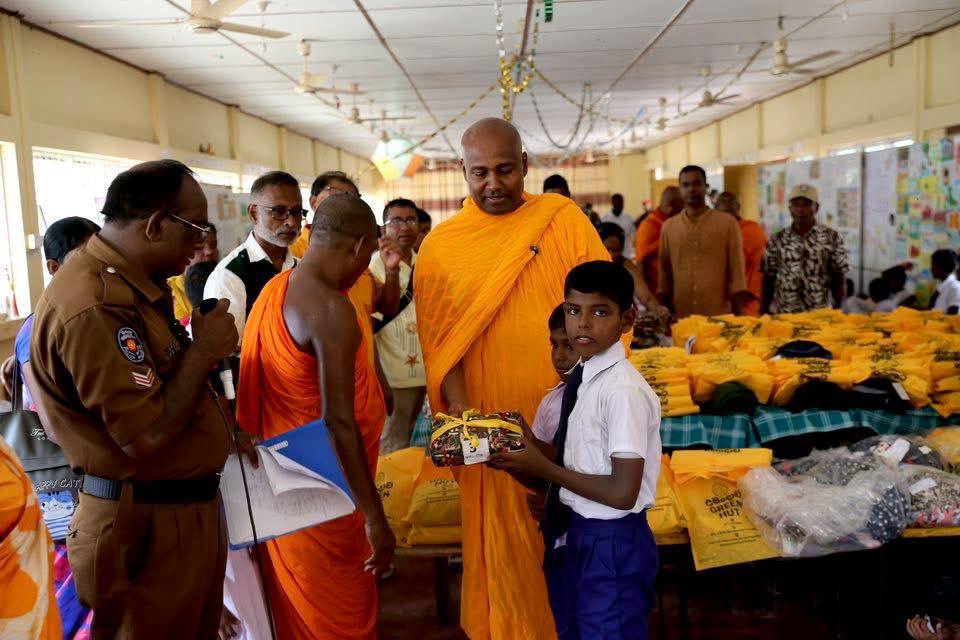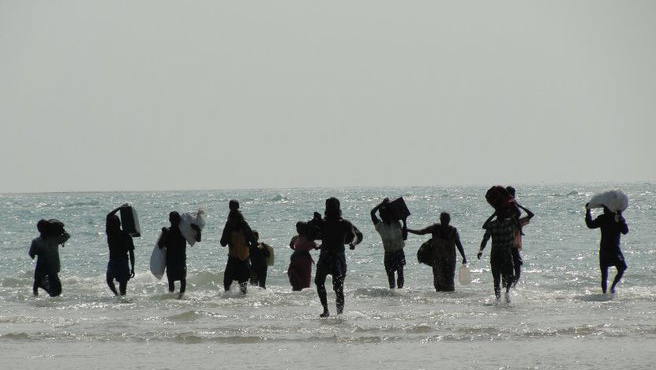The doubling of Sri Lanka’s main stock market index in 2010 has led to some effusive news reports, most recently in The Guardian. Inevitably, these reports have been lauded in Sri Lanka’s state-owned press, alongside its own hype.
But, as other recent analysis shows, these reports make two mistaken assumptions: [1] that the index’s rise is entirely due to fundamental improvement in the stocks, and [2] that the market is indicative of the wider economy’s progress.
Firstly, the index has been driven up by Sri Lankan government buying, while foreigners are exiting. Secondly, the Colombo bourse is unrepresentative of the wider economy.
This is what the Sri Lankan Sunday Times’ economic column warned last October about the mistaken presumption:
“There is little doubt that the recent [stock] market performance is not directly related to either economic performance or market fundamentals. It has been guided by market sentiments, speculation and government intervention.”
See also this discussion in October by LBO of over-valuation and government buying.
In fact, international equity investors’ wariness of the Sri Lankan market is underlined by one detail:
Foreigners have been net sellers in 2010 and 2009 – after having been net buyers since 2001 (See Reuters’ reports in Dec and Feb 2010).
2010 saw a net foreign outflow of US$240m (Rs 26.4bn), more than twice 2009’s outflow of US$103m (Rs 11.4bn).


